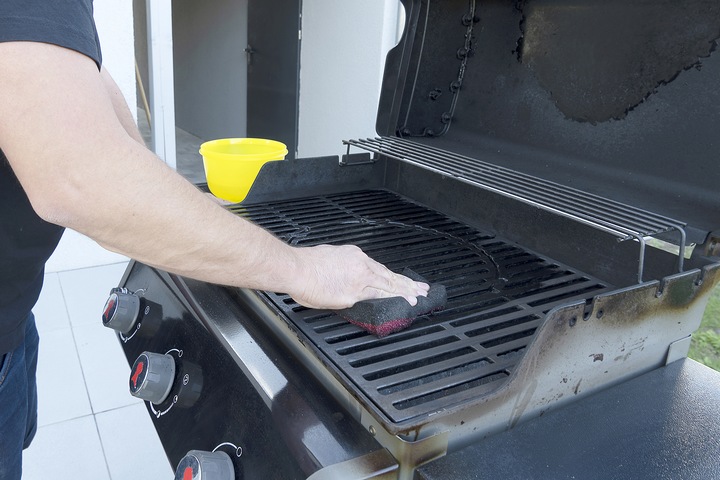Cooking on a grill is a timeless experience and brings together folks and individuals from all walks of life. Nothing beats firing the appliance up on a late summer evening and sharing a meal with your friends and family. To properly conduct a grilling session, you will want to check off some things on your to-do list.
This initial preparation becomes even more vital for those who operate gas grills. A powerful equipment, gas grills can help prepare many delicious foods when they are working properly. Unfortunately, gas grills are prone to breakdowns from time to time.
There are many ways your gas grill can go awry and be simply rendered inoperable. Sometimes, it may not even start, which puts your entire cooking session in peril. Do not worry, there are ways to get your grill going again.
Use these troubleshooting tips to figure out why won’t your gas grill start:
Tip #1: Store the grill in a cool place.
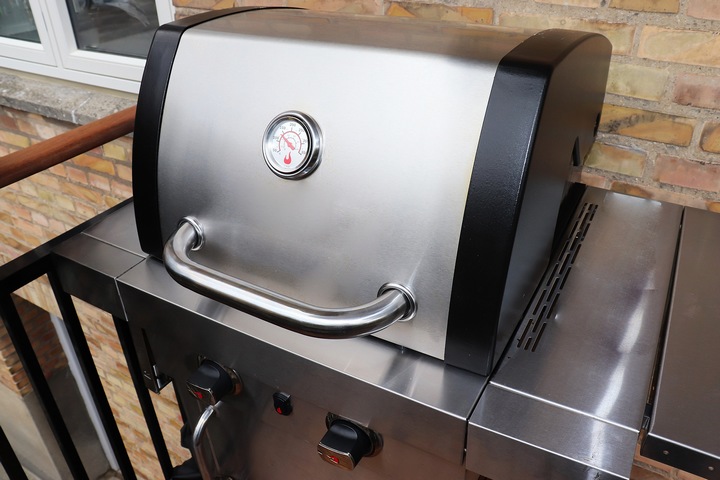
After the warmer seasons have reached their end, you will most likely put away your gas grill. It will be key to consider how you store this appliance, as many factors could affect its state. For instance, follow all the instructions provided by the manufacturer and keep the grill in a cool place.
Before putting the appliance away, ensure you disassemble some adjacent components. The gas source could also be stored separately so that you do not put the entire appliance in a hazardous position. After doing this, you can troubleshoot the grill more easily once you bring it out again.
Tip #2: Don’t panic if the gas grill will not start.

After extensive time has passed, you will likely be confused about why your gas grill won’t start. The first step to consider in this regard is simply not to stress out. All cooking experts advise that you not crank the gas source, making things worse.
Moreover, you shouldn’t pound the starter on the gas grill, making things more troublesome. As mentioned previously, kickstarting the gas grill into high gear after a specific period may be awkward. Give it some time, have patience, and your device should work as usual.
Tip #3: Check the gas tank.
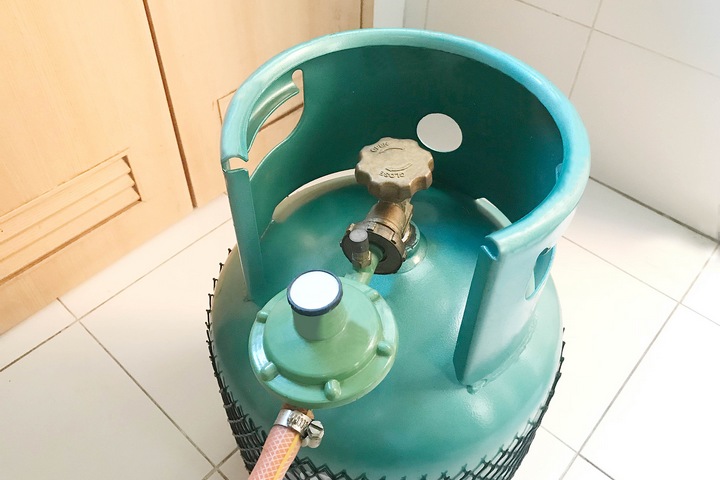
If your gas grill isn’t starting properly, the first action plan is to double-check the gas tank. Sometimes, we may inadvertently forget to review what is inside the gas tank before firing it up. A low gas tank will not allow sufficient amounts of fuel to move through the grill, rendering the operation unsuccessful.
Your gas tank may be impeded by several external factors as well. Depending on where you store the tank, insects or debris may build up on the tank’s surface. If these nuisances are not cleared, ignition of the gas grill will either stall or not work at all. Always be sure to look at what is in or on the tank before moving on!
Tip #4: Check the gas grill valve.
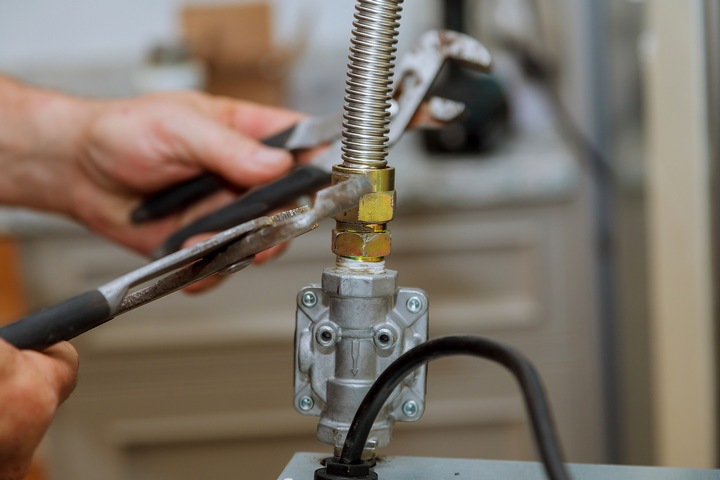
Another important consideration to note, as it pertains to troubleshooting, is the grill’s valve. For the most part, the valve is a crucial component of your gas grill, as it ensures fire risk remains low. There may be factors interfering with the valve during storage in some cases. This may result in it tripping without you even realizing it before starting the grill.
It may be an accidental action, but you should always remain cognizant just in case. If you have already connected your grill, disconnect it and inspect the valve. Once reset the valve, reconnect the grill to its applicable source. Your gas grill should now be in working order again.
Tip #5: Troubleshoot the burner.
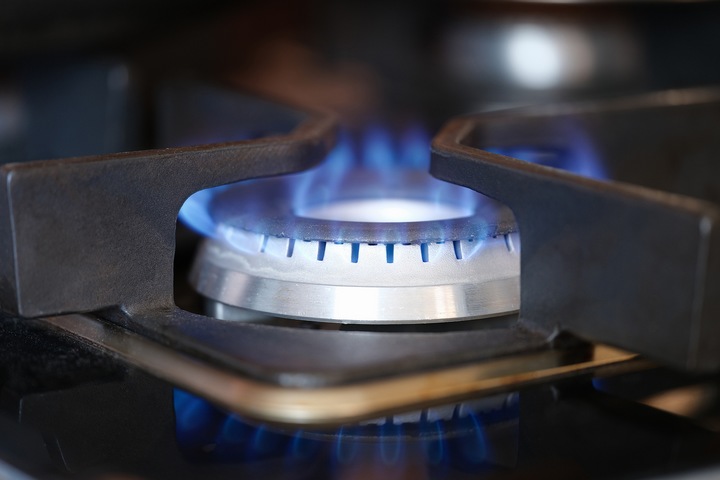
Gas grills will have various areas on the surface that will be used to cook your foods. Sometimes, it does not adequately boot up because there is an issue with the burners. An individual burner may not be working, to which you can rest assured an issue is an isolated event.
It may require further inspection if all burners do not adequately start-up after booting up the grill. First, once the grill has started, be on the lookout for specific, awkward sounds. If there is a snapping noise that wasn’t there before, it could be an issue. Clogged burner ports may also be a problem worth investigating too.
Tip #6: Get the gas grill inspected.
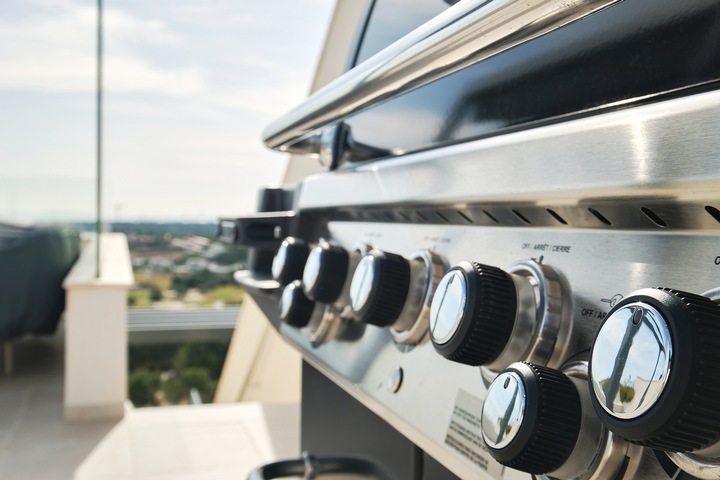
After exhausting all possible options for your gas grill, you may need a secondary solution. If the gas grill is still under warranty, you could then send it back to the manufacturer and get it replaced.
Otherwise, it does not hurt to get an expert to look around and diagnose the issue itself. It may cost a bit, but it will help. After all, you should take all matters necessary to protect your gas grill for the long term!

